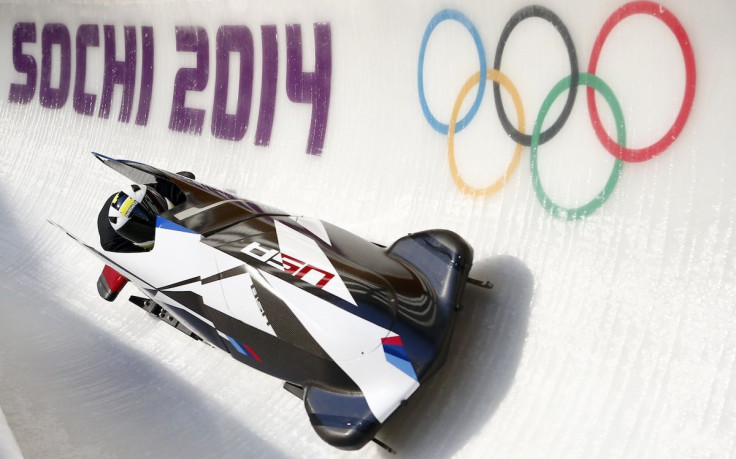Sochi Problems: Will Russia’s $51 Billion Olympic Bet Pay Off?

The Russian government is said to have poured a staggering $51 billion into the Sochi Olympics, more than every previous Winter Olympics combined. So what does the nation hope to get in return? A name on the world stage, a reputation boost and a post-Olympics tourism boom -- all of which look increasingly unlikely.
Moody’s Investor Service released a report this week that was extremely skeptical of any lasting legacy or long-term tourism benefits from the Sochi Olympics. “Russia's Winter Olympics city and region, Sochi and Krasnodar Krai, respectively, have benefited from government funding for the 2014 Winter Olympic and Paralympic Games, but are likely to face growing fiscal pressures in the longer term,” the bond credit rating business said in a summary of its findings, adding that “the high cost of the event and other negative publicity have limited the reputational benefits of hosting the Olympics.”
Moody’s found there was a great deal of uncertainty as to whether regeneration efforts in greater Sochi would significantly boost revenues from tourism in other areas. It said the Russian hotel sector was particularly vulnerable “as a massive increase in the supply of rooms coupled with stiff competition from other resorts creates uncertainty over the long-term prospects for Sochi’s tourism industry.”
International journalists have made a mockery of Sochi’s hotels in the run-up to the Games, lambasting the entire Black Sea resort for having the look and feel of a half-finished project. Complaints tagged to the now popular Twitter hashtag #SochiProblems and reposted by the handle @SochiProblems (which gained 180,000 followers in a matter of hours) range from bizarre shared bathrooms to missing doorknobs and rubble-filled streets with open manholes.
Even before anyone arrived, there was speculation that attendance for the Games would be much lower than the 97 percent achieved by Vancouver four years ago given the wrath of negative publicity over terrorist threats and human rights concerns. Organizers, however, have denied any suggestion that there will be empty seats. They said last month that 70 percent of the 1.1 million tickets were already sold, while 15 percent will be held for sale once the Games begin.
One thing’s for certain: Very few Americans will be in the stands.
Travel Leaders Group, America’s largest travel agency company, conducted a survey of its 1,358 travel agents and found that the overwhelming majority (91.2 percent) had not experienced any interest in the Winter Olympics among their clients.
Research from Hopper suggests only 35 people searched for flights from the U.S. to Sochi on any given day in the four months leading up to the Games, making it 1,000 times less popular than Las Vegas, but on par with visiting the home of Legoland in Denmark or going clubbing in Ibiza, Spain.
“Typically the Olympics drive a large number of visitors to the area where they are held,” Hopper noted in its report. “However, this year there have been warnings against travel to Russia and even reports that the Olympic athletes themselves are recommending that their family members stay home.”
Beyond the widely publicized safety concerns and issues over gay rights, price may have proven the ultimate barrier. Analysts pegged the average cost of a U.S. resident attending the Sochi Olympics for one week at between $7,000 and $14,000 given the long and indirect flights, inflated cost of accommodation, and expensive (and labyrinthine) visa system.
© Copyright IBTimes 2024. All rights reserved.






















